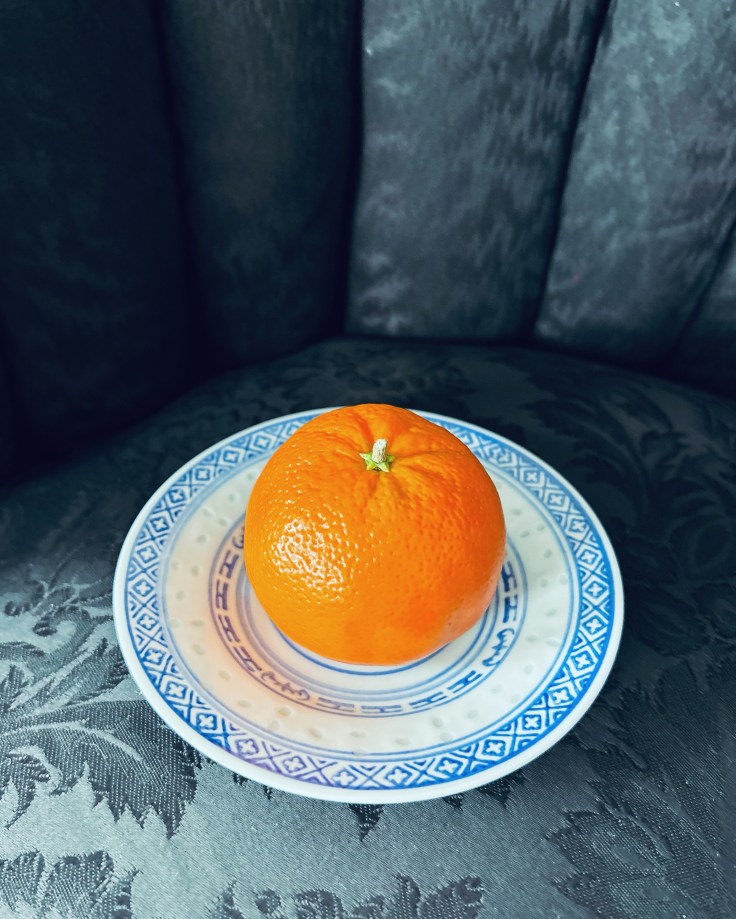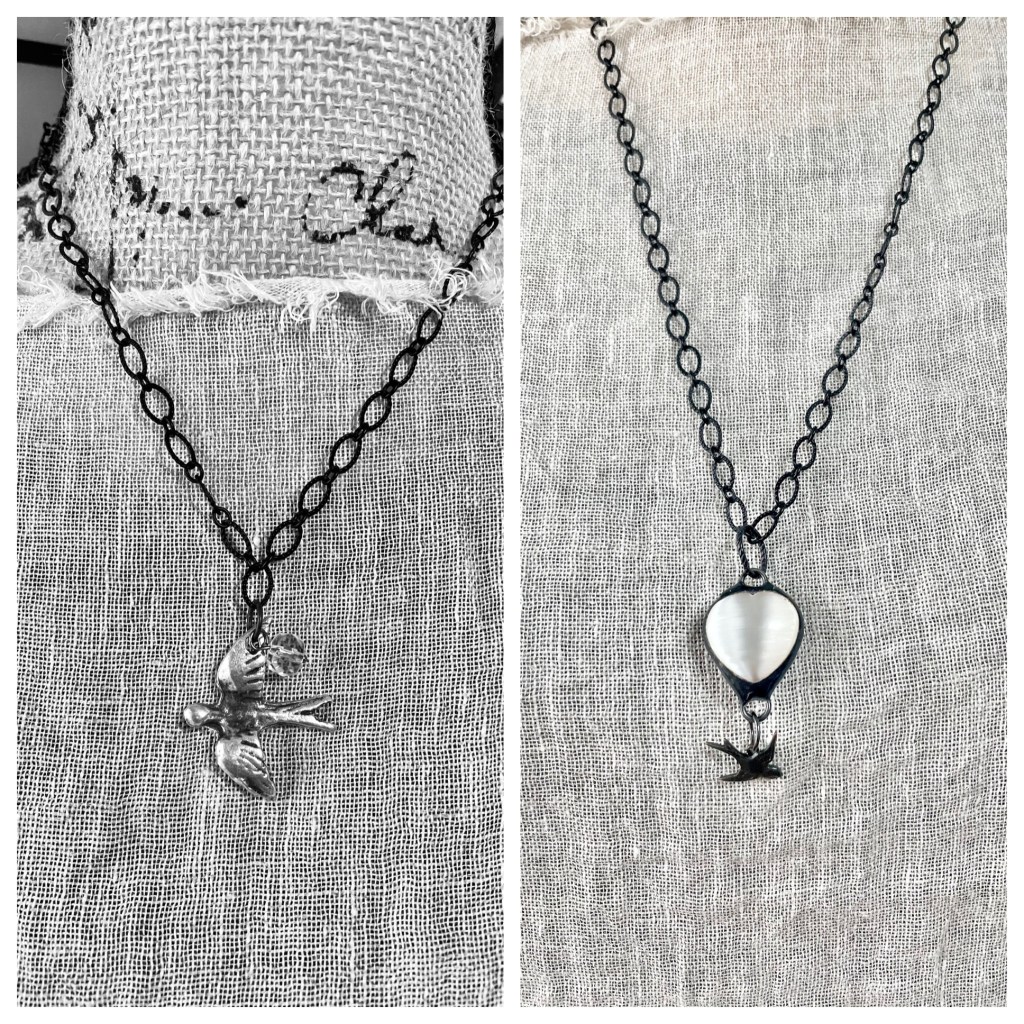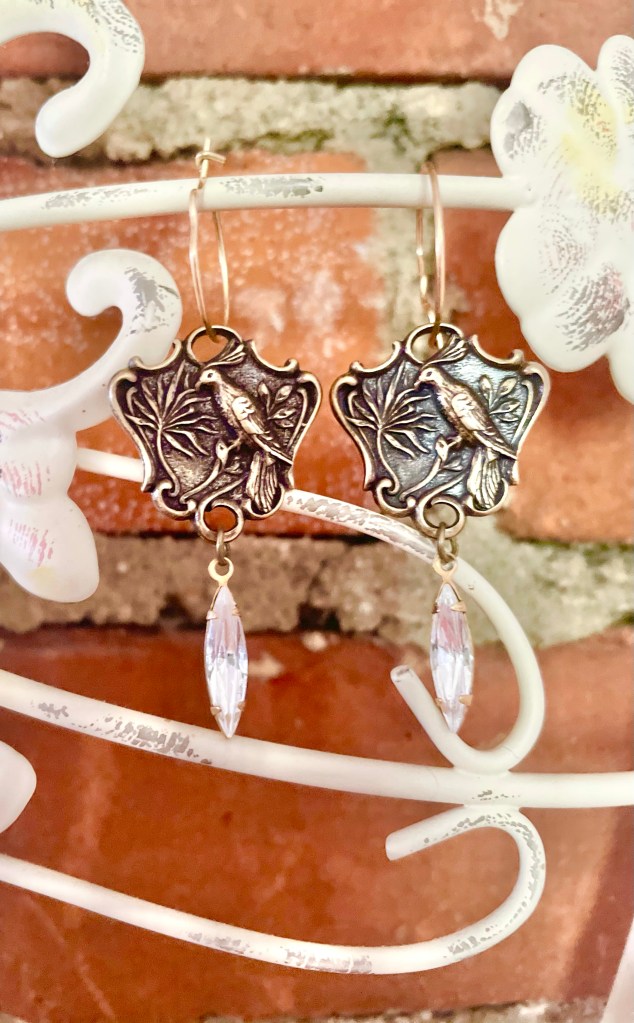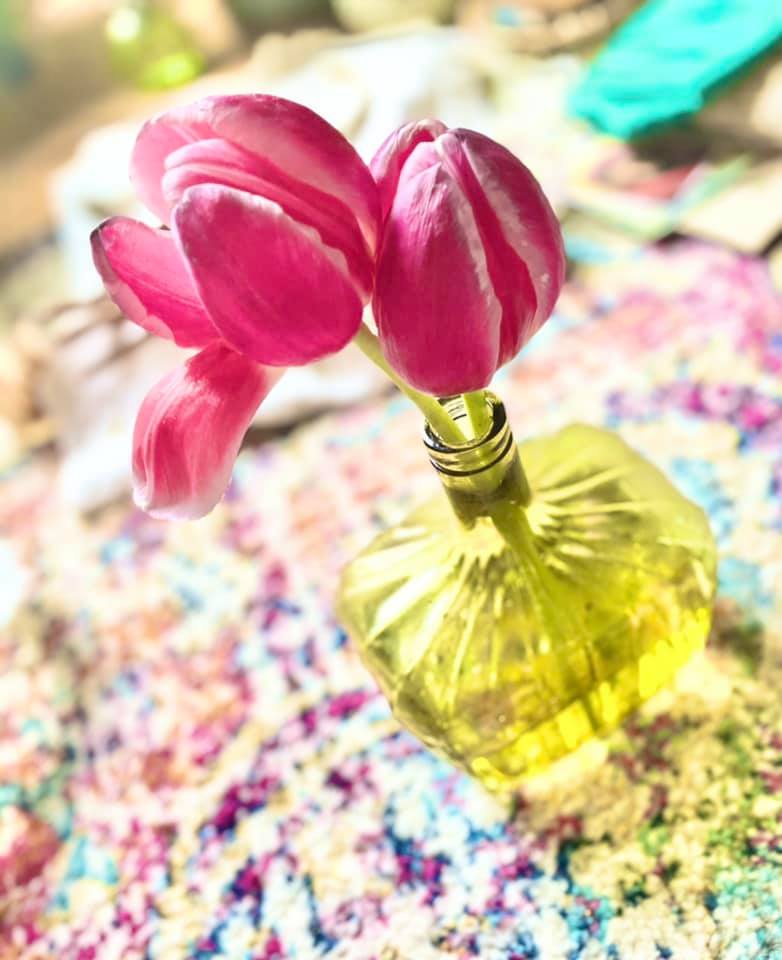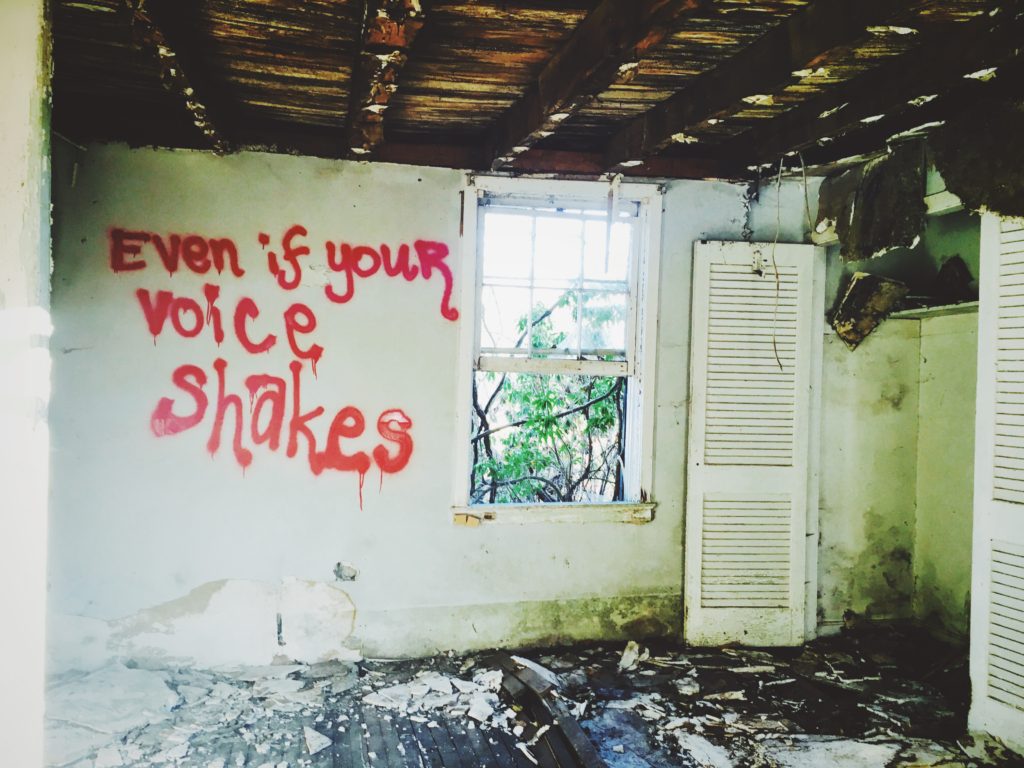57
For you I’d do
the whole thing through
below, above
for now, for love.
J.H. Prynne
My Dad died around 5:00 on a Tuesday evening in February. Later that night, after the phone calls, the funeral home people, the stunned and exhausted goodbyes, I was sitting on my bed looking out into the February dark. A wave of the most beautiful golden light swept through the room and through my body. I watched it move from right to left, gold and tangible, filling me with such palpable joy I was almost giddy. I felt my Dad telling me that he had made it across (he had been worried about the Catholic holding area called purgatory). He had made it over and was on the way to a new, joy-filled journey; I could almost feel him laughing.
The next morning was a bleak winter day. When I woke up, he was gone. All the things that made up our daily lives—the feeding tube supplies, the medical equipment, the pill bottles—sat uselessly on the kitchen counter and in his bedroom. I felt equally useless, wandering through the house thinking, “He died. He died.” As if the process I’d just witnessed over the last several days, hour after sacred hour, hadn’t happened. As if there was the possibility of a different outcome when we learned that his cancer had metastasized. He was the North Star not only of our family in general, but also of my Mom’s and my daily lives. When he was out, we were waiting for him to come home. And now he was gone. The light in the house was never the same.
One of the hardest parts about losing him is that the version of me that he saw and loved is gone. He could be critical and judgmental at times, but on the whole, he was so loving and so supportive. He cared about my life, my kids, my work. He believed that I had value and that I would, despite struggles, know how to do the right thing. I never doubted that I was important to him. It’s been so hard to lose that.
Now, as we creep up to the one-year “anniversary” of his passing, I am engaged in magical thinking. Maybe a year is long enough for him to be dead; maybe it’s time for him to come back. Maybe he’ll find a way to let us know that he’s okay; that he’s happy about how we’ve handled things. Maybe things get significantly easier after the first year and on day 366, I’ll wake up and be happy again.
One of the Catholic Acts of Spiritual Mercy is to “comfort the sorrowful.” My Dad made it so easy to care for him in those last hard months. He was quietly accepting of the physical interventions that he needed. He was, in fact, all through those last heartbreaking months, teaching us how to die. It was he who was doing the comforting. We were and are the sorrowful ones, but he would hate that. Knowing that he’d want us to carry on living our good and fortunate lives makes it a little bit easier to do that.
He is still comforting and teaching us. But oh, how we miss him.
This Coldplay song, “All My Love,” and the video with Dick Van Dyke at age 99 are so heartwarming. I think you’ll love it.













